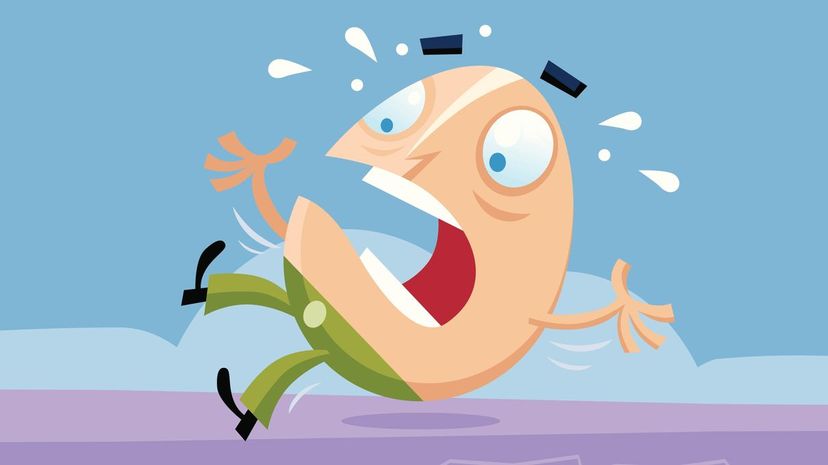
About This Quiz
Longevity is the true barometer of the quality and popularity of a certain song. A song that becomes a No. 1 hit in 2019 might be forgotten by the end of 2019. An artist can release a hit song just because they're really good at tweeting, but we live in a society where today's hit song could be tomorrow's elevator music. Can you even remember what the most popular song of 2018 was?Â
What can't be denied is the popularity of music that went viral in the pen-and-paper days. And when we say pen and paper we mean the bird-feather-and-tree-bark days. Tweeting meant sending a message to someone via carrier pigeon. The Facebook news feed was some kid standing in the middle of town yelling, "Extra! Extra! Read all about it." And yet, in a world where it took a year for news to spread around the world, there were songs that went viral and stayed viral - for centuries. They were called nursery rhymes, and everybody knows at least one. Before Donald Trump there was Old King Cole. Before the floss or the dab, there was the ring-around-the-rosie and the rock-a-bye-baby. The Muffin Man delivered groceries before Postmates, and before the country fought for marriage equality, the dish ran away with the spoon.
Needless to say, your favorite nursery rhyme heroes were doing cool things before they were cool. Their actions were recorded by Mother Goose and Tommy Thumb, and to keep track of everything, folklore expert Steve Roud created an index of 250,000 references to 25,000 songs collected from all over the world. Let's see how many of them you can remember.
Advertisement
Advertisement
Advertisement
Advertisement
Advertisement
Advertisement
Advertisement
Advertisement
Advertisement
Advertisement
Advertisement